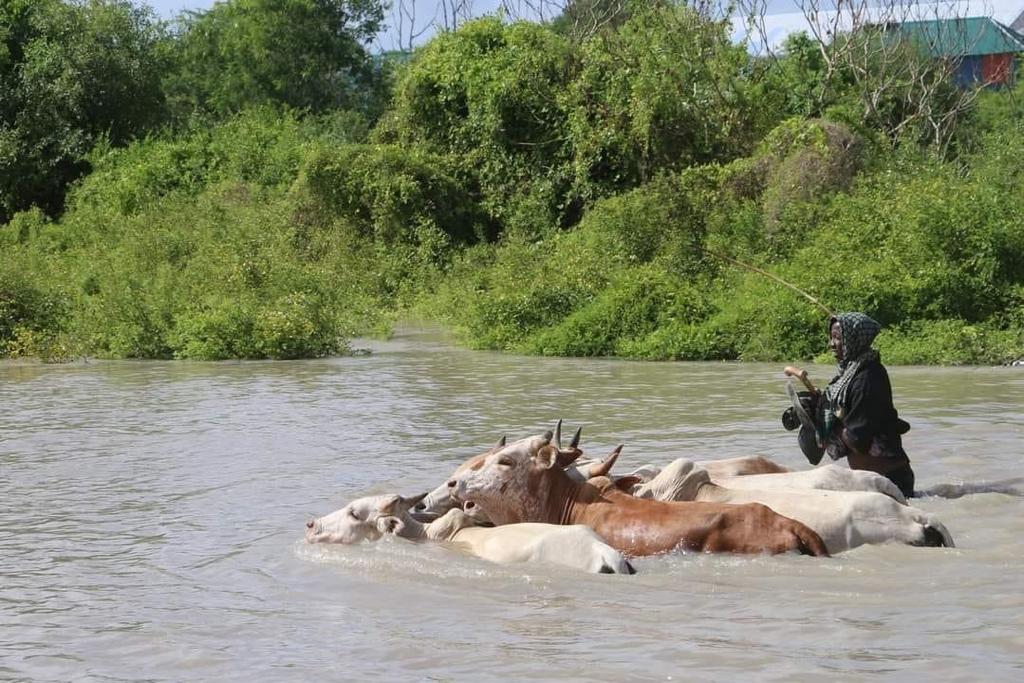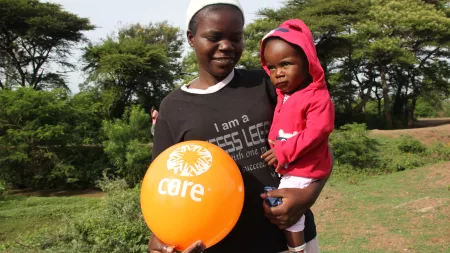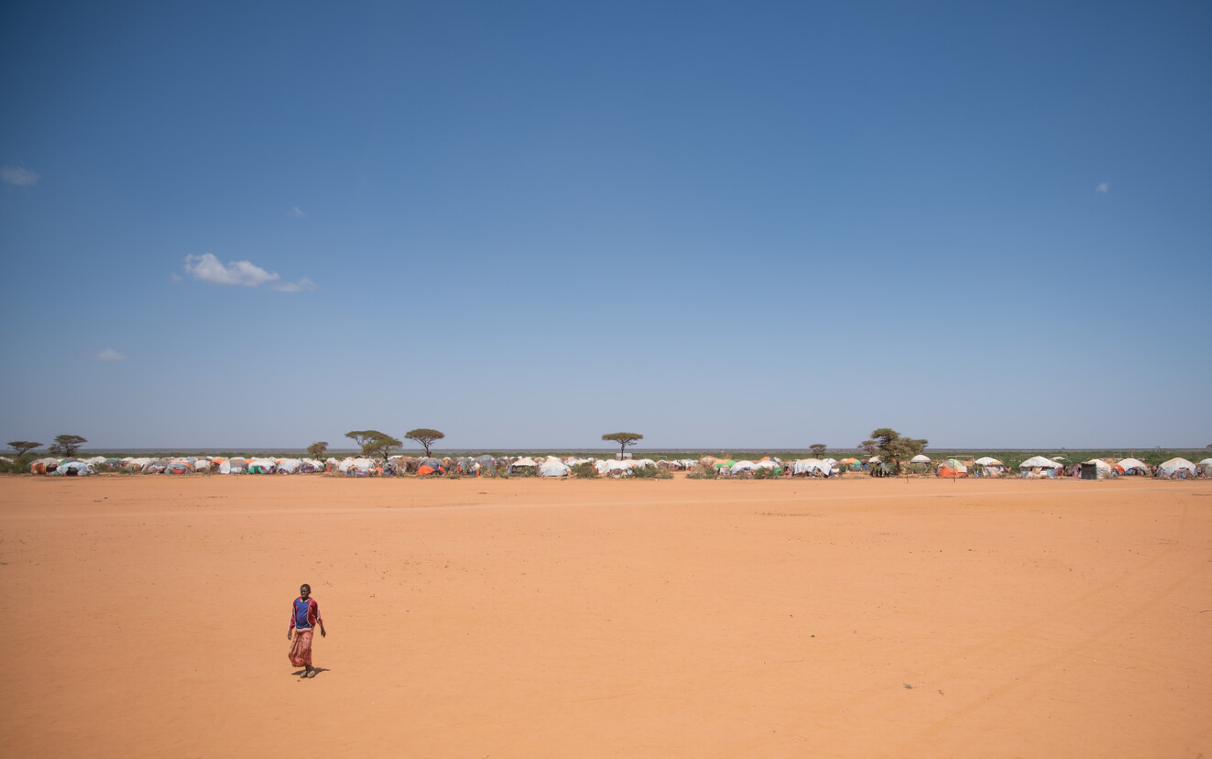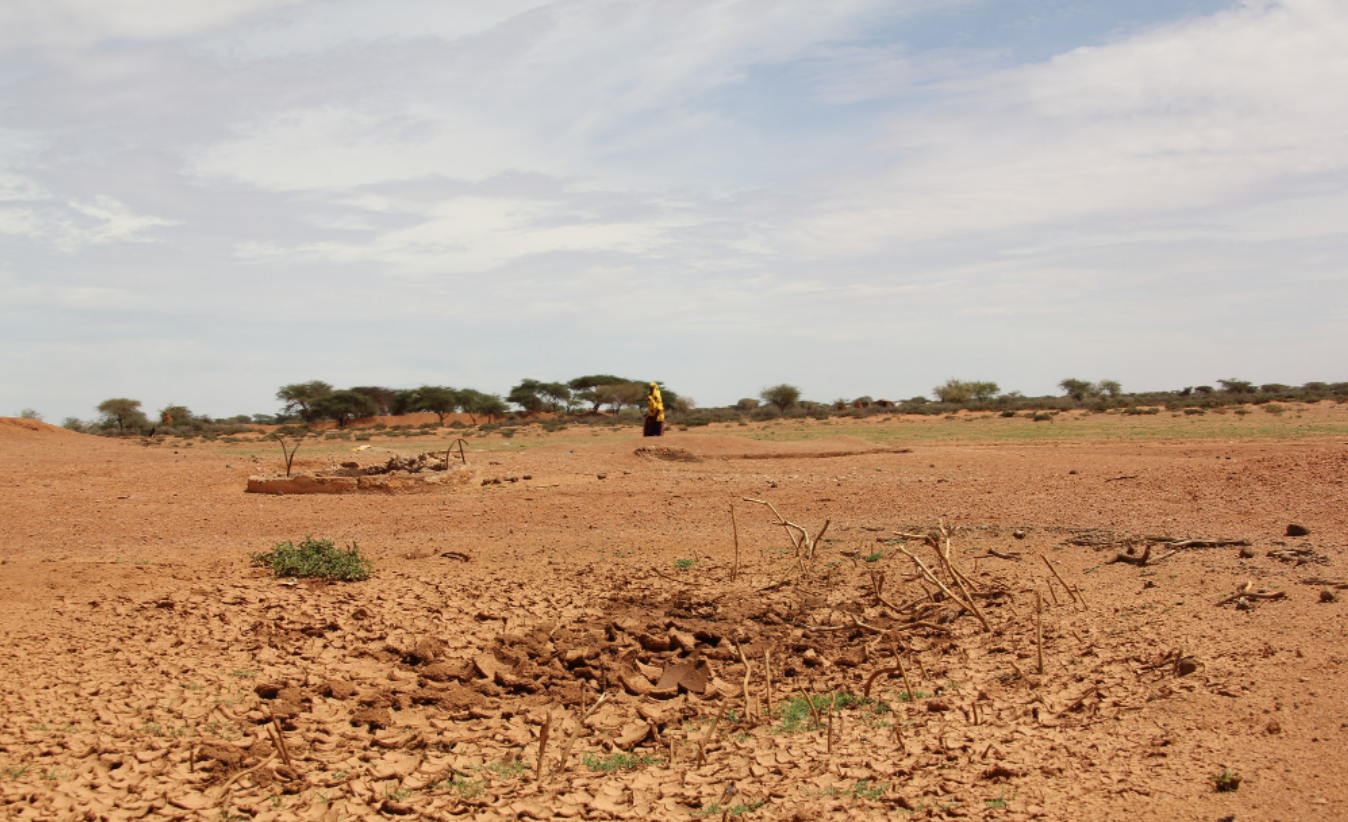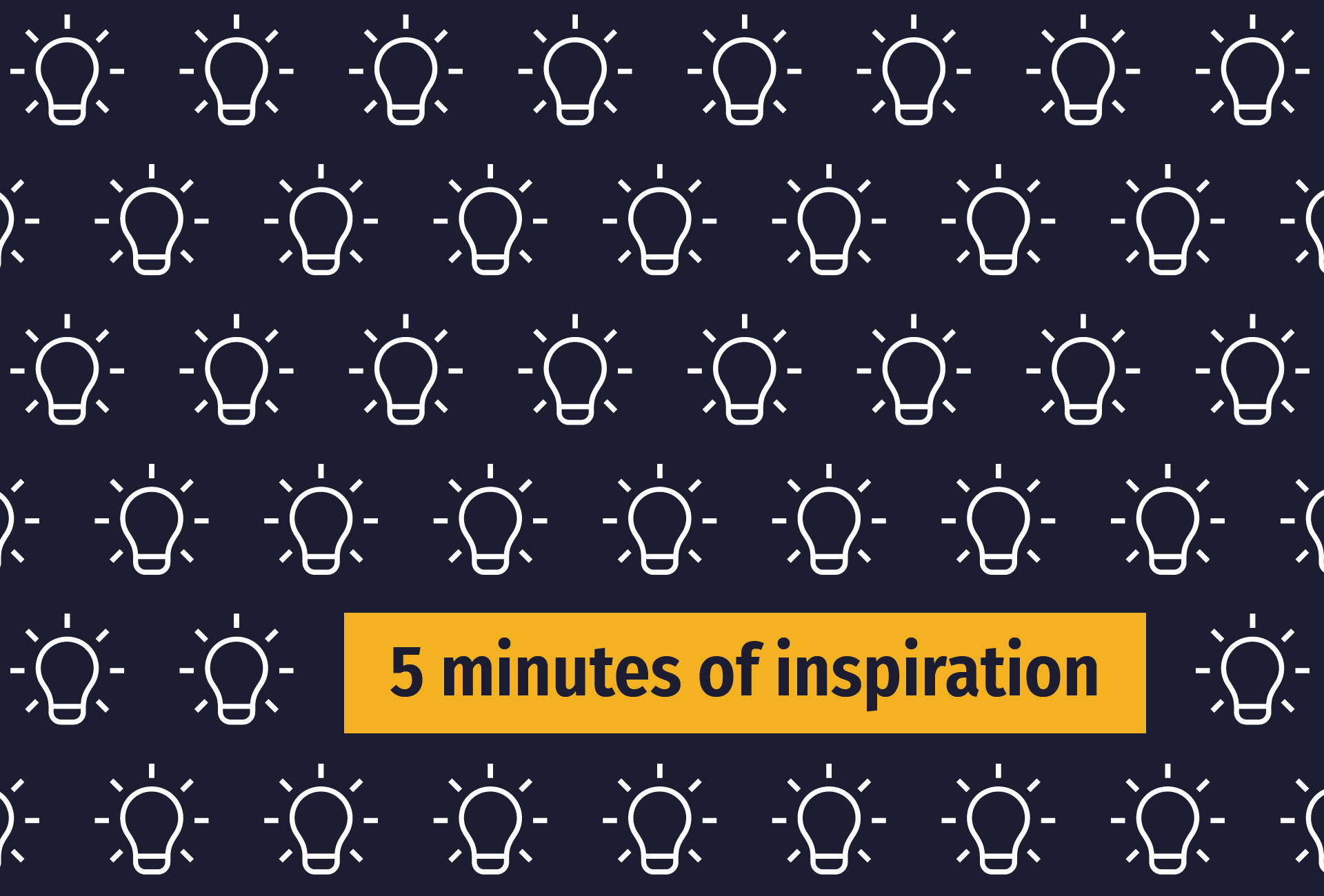History of CARE International's work in Kenya
CARE International has been working in Kenya since 1968. CARE Kenya is the primary provider of basic services in Dadaab, which hosts more than 200,000 refugees and asylum-seekers and is one of the largest refugee camps in the world. Basic services include food, water and sanitation, and emergency aid to newly arrived refugees, especially children who are suffering from malnutrition. Families are provided with two weeks' worth of food rations and other essentials, including tents, kitchen sets, firewood and fuel-efficient stoves.
We also have longer-term programs, including assisting refugees with employment opportunities, education, water and sanitation systems, and protection and safety, including preventing gender-based violence.
What CARE International does in Kenya
CARE International's work in Kenya focuses on:
Since 2020, CARE International has been responding to COVID-19 in Kenya. Response efforts include supporting community preparedness and prevention.
